UTOPIA & VIOLENCE intro
UTOPIA & VIOLENCE
EXPERIMENTATION AND RESEARCH IN CONTEMPORARY ARTISTIC PRACTICES
6th Painting Studio ASFA (Athens School of Fine Arts)
Timetable: Friday of 29 June - Friday of 13 July 2007
Utopia is a concept that always fascinates artists as a free expression of their unlimited imagination and desire. Art, via the utopia is released by the restrictions of reality and finds its way to the expression of its visions. On the occasion of this relation, the workshop is dealing with the prolific and multi discussed significance of utopia. The term utopia in the daily vocabulary is connected with the ideal, future, the unfeasible and creates margins for many and often contradictory interpretations.
Utopias are the places of dreams and hope for a better life, that give exit from the incomplete reality. In certain cases they oppose in scientific or biological laws, involving the metaphysics, sometimes they are ephemeral shelters that do not set particular sociopolitical reflections, but usually their creation is based on the intention to criticize the rendered institutions and the structure of existing society.
COMMENTS ON UTOPIA
In 1515 More wrote his most famous and controversial work, Utopia, a novel in which a fictional traveler, Raphael Hythloday (whose first name is an allusion to the archangel Raphael, who was the purveyor of truth, and whose surname means "dispenser of nonsense" in Greek), describes the political arrangements of the imaginary island nation of Utopia (a play on the Greek ou-topos, meaning "no place", and eu-topos, meaning "good place"). In the book, More contrasts the contentious social life of European states with the perfectly orderly and reasonable social arrangements of the Utopia, where private property does not exist and almost complete religious toleration is practiced.
Many commentators have pointed out that Karl Marx's later vision of the ideal communist state strongly resembles More's Utopia in regards to individual property, although Utopia is without the atheism that Marx always insisted upon. Furthermore, it is notable that the Utopia is tolerant of different religious practices but does not advocate tolerance for atheists. More theorizes that if a man did not believe in God or an afterlife of any kind he could never be trusted as he would not be logically driven to acknowledge any authority or principles outside himself.
More might have chosen the literary device of describing an imaginary nation primarily as a vehicle for discussing controversial political matters freely. His own attitude towards the arrangements he describes in the book is the subject of much debate. While it seems unlikely that More, a devout Catholic, intended pagan, proto-communist Utopia as a concrete model for political reform, some have speculated that More based his Utopia on monastic communalism based on the Biblical communalism described in the Acts of the Apostles. Due to the nature of More's writing, however, it is at times difficult to tell his satirical jabs at society from how he actually believes things should be.
Utopia is often seen as the forerunner of the Utopian genre of literature, in which different ideas of the "ideal society" or perfect cities are described in varying amounts of detail by the author. Although a typically Renaissance movement, based on the rebirth of classical concepts of perfect societies as propagated by Plato and Aristotle, combined with Roman rhetorical finesse (see Cicero, Quintilian, epeidietic oratory (that of praise or blame)) Utopianism continued well into the enlightenment age.
The original edition included details of a symmetrical alphabet of More's own invention, called the "Utopian alphabet". This alphabet was omitted from later editions, though it remains notable as an early attempt at cryptography that may have influenced the development of shorthand.
MORE from Wikipedia...ASFA Rethymno workshop site

snapshots from utopia workshop 2007

talking about utopia...

talking about utopia...
utopia project 2007
Alaena Turner

Andreas Mitropoulos


Brian Chan

David Yu

Helen Dowling

Indiana Audunsdottir


KIERAN DRURY

Karem Ibrahim



Kostas Pardalis

Lila Maragoudaki

Maria Chrysochoidou

Maria Filipakopoulou
UTOPIA PROJECT
Tuesday, September 11, 2012
REVOLUTION 360: Master Chan
http://www.revolutionthreesixty.com/
eating and meeting



perception of space...



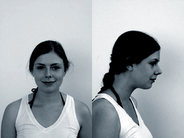
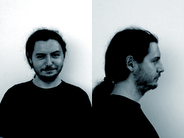







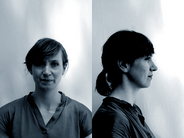
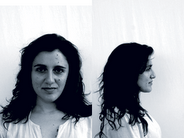

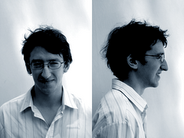


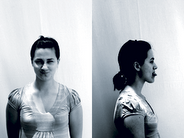





1 comment:
Happy incredible publishing! I must say i loved perusing that, tonsil stone that you are an ideal writer.I'm going to be sure to lesemarke your site Satellite direct review and will generally visit sooner or later. Let me strongly encourage anyone carry on any good discussions, have a fine holiday vacation penis advantage review end of the week!
Post a Comment